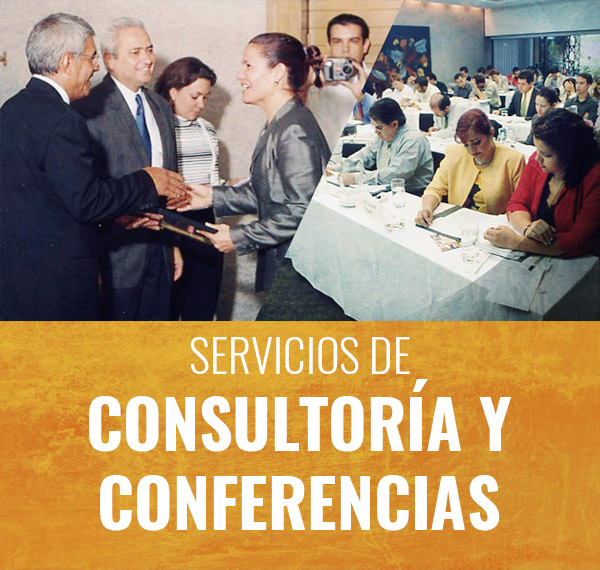
Previously, I published the article "SMEs must Export." In that discussion I described the diversity of export markets and the importance of the U.S. market as well as its channels of distribution. In this installment let’s focus on the “Buyer’s Mentality.” A subject that few fully understand, yet one that is essential to achieving the best sales results.
I've been wandering around the world for years, making product innovations, developing packaging and shipping criteria, also negotiating the export of manufactured goods for global markets.
As you might know from your own experience, to obtain a purchase order you have not only be sure of your own goals, but also attempt to see into the minds of prospective buyer. You must gain their attention, create interest and desire for your products, develop credibility…then ask buyers for action to buy your goods.
Obviously, there are different classifications of buyers that you will confront. The approach when facing an international buyer with extensive knowledge will vary from the approach a regional buyer who has limited experience. Throughout my time in the export trade, I have held innumerable negotiations with all types of buyers, from large chains, wholesalers and Brokers. I also was an important buyer for Pier 1 Imports in Texas, as well as for a global wholesale company. Over the years this experience has allowed me to identify the mind set of many buyers with a simple question; “How long have you worked for the chain” or, if he has recently transferred from another company, “How long have you been in the importing business?”
With the response, we learn a lot about the type of buyer we are confronting and the correct presentations we must provide to obtain the order. We must understand that foreign trade is a jungle. In the export world buyers try to get the best conditions since their performance typically determines their annual bonus or profit sharing and stock options. Therefore buyers must ensure 100% that they engage in negotiations with sellers (exporters) that offer sure and uncomplicated delivery of products and provide extra profit margins. Therefore, experience, practice and knowledge as you face them are necessary. We must make sure to answer all the buyer's concerns.
On too many occasions I have witnessed that it is not the product that fails but the seller without experience. Sometimes those who obtain an order fail to realize that they could obtain better results with a more thoughtful approach to the buyer.
Buyers can sometimes easily size up the type of seller he faces by using certain words that have to do with the terminology used in the export trade. In my recently updated book, “Myths and Facts About Global Trade” available in Amazon, or Mitos y Realidad del Comercio Internacional en la Globalización, available in line, I provide not only the International Trade terms but also a good batch of contemporary words used in the business. It’s important to bone up on the vocabulary. At times buyers can peg a novice with a simple question. As an example, "is your product made under Cottage Industry" or, “What is your Landed Cost?” or, “Can You Drop Ship?”
Hundreds others trade words are frequently used, so begin now to learn as many as you are able. The knowledge of this terminology will help you obtain greater opportunities and a better result.
When facing a buyer honestly describing the value of your product, providing additional knowledge of the competition and demonstrating the ability to use appropriate terms, will lead to more favorable conditions.
As an example of the manner in which buyers might attempt to squeeze an unprepared exporter, let’s say that after some negotiation we arrive at a quote for any item from origin. But the buyer now requires the product placed in their distribution center or even delivered to their points of sale (stores). You must be ready to quote both ways. Not having immediately the information is a symptom of improvisation and may lead to errors or a loss of the order or even the client. There is a belief that Buyers spend most of their time writing purchase. But you should know that probably the time dedicated to write orders is no more than 10% of their time. The rest is used in the management of inventories, open to buy, sales by own categories, exhibitions (displays) of where their products should be placed on the racks, traveling, meetings with staff and other suppliers.
There are chain stores with buyers that only accept appointments with foreign sellers if they verify that they have already exported. Work to begin your export business, even if the beginnings are small at the outset. Each experience, as you learn the motivations of various buyers, will lead to future success with such chains and other clients.
If you have the right product and the conditions for exporting are encouraging, you may find it is preferable at the beginning to hire a company (wholesaler or agent) that has the knowledge, infrastructure, experience and clients for better and fast negotiations with international buyers. Not only will you immediately have greater opportunities but you will also learn from them. I will gladly share with you my thoughts on these topics.
“ Foreign Trade is not a set of rules but … a series of details”
Alberto Romo Chavez Jr.
This email address is being protected from spambots. You need JavaScript enabled to view it.







